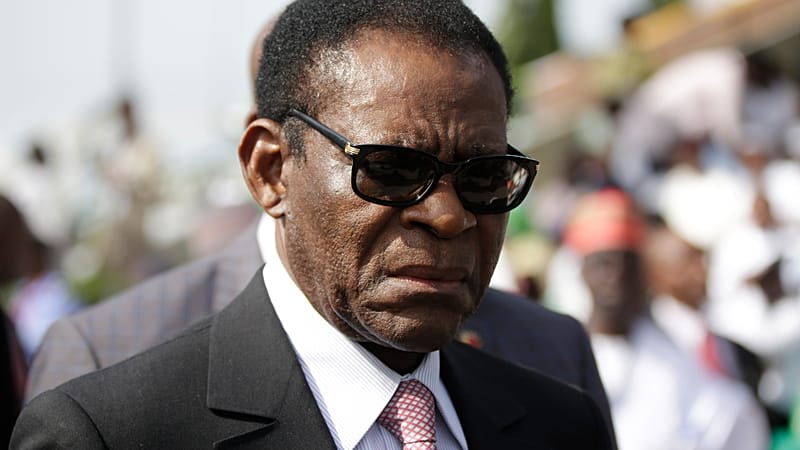Democrats query millions Trump paid to Equatorial Guinea to accept deportees

The U.S. government made a $7.5 million payment to the government of Equatorial Guinea as it seeks to deport people to the West African country and draws closer to heavily prosecuted leaders, according to the top Democratic senator on the Senate Foreign Relations Committee.
Sen. Jeanne Shaheen, D-N.H., said in a letter sent Monday to Secretary of State Marco Rubio and obtained by The Associated Press that “this highly unusual payment — to one of the most corrupt governments in the world — raises serious concerns over the responsible, transparent use of American taxpayer dollars."
Shaheen said in her letter that the $7.5 million payment stood out because it would would “far exceed the amount of U.S. foreign assistance provided over the last 8 years combined” to the country.
The payment, made from a fund for migration and refugee assistance, would be the first government-to-government transfer from that account, which was set up by Congress to respond to humanitarian crises. She questioned whether the payment was a permissible use of the money.
The State Department declined to comment on the details of diplomatic communications, but said, “Implementing the Trump Administration’s immigration policies is a top priority for the Department of State. As Secretary Rubio has said, we remain unwavering in our commitment to end illegal and mass immigration and bolster America’s border security.”
As the Trump administration looks to Africa for further deportations, the payment raised questions about how it is enmeshing its deportation agenda with other foreign policy goals, as well as the international leaders it is willing to trust.
The Trump administration, in aiming to ramp up deportations, has sought to forge agreements with countries to take in migrants who are not their citizens. Immigration advocacy groups have criticized the “third country” policy as a reckless tactic that violates due process rights and can strand deportees in countries with long histories of human rights violations and corruption.

